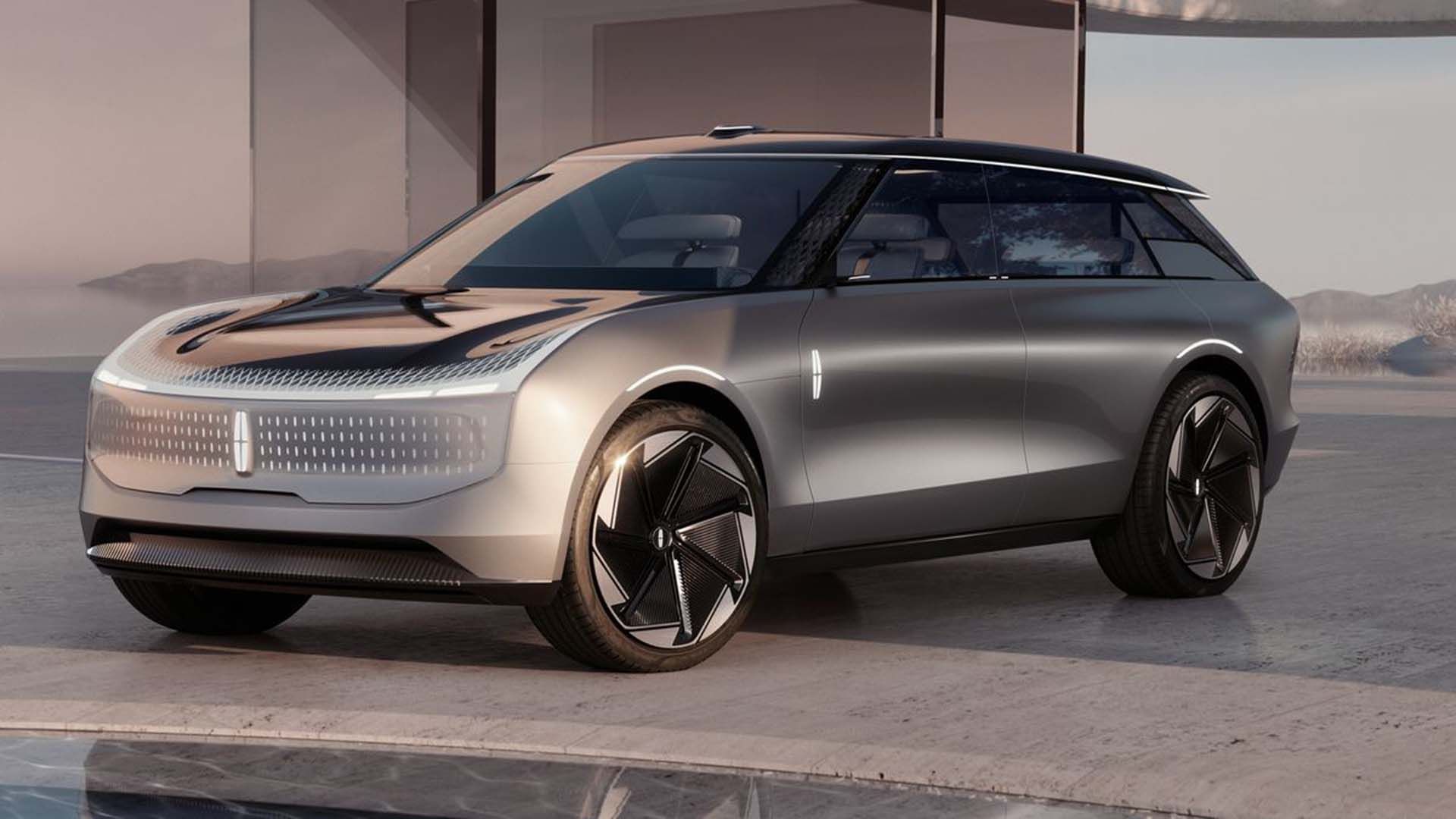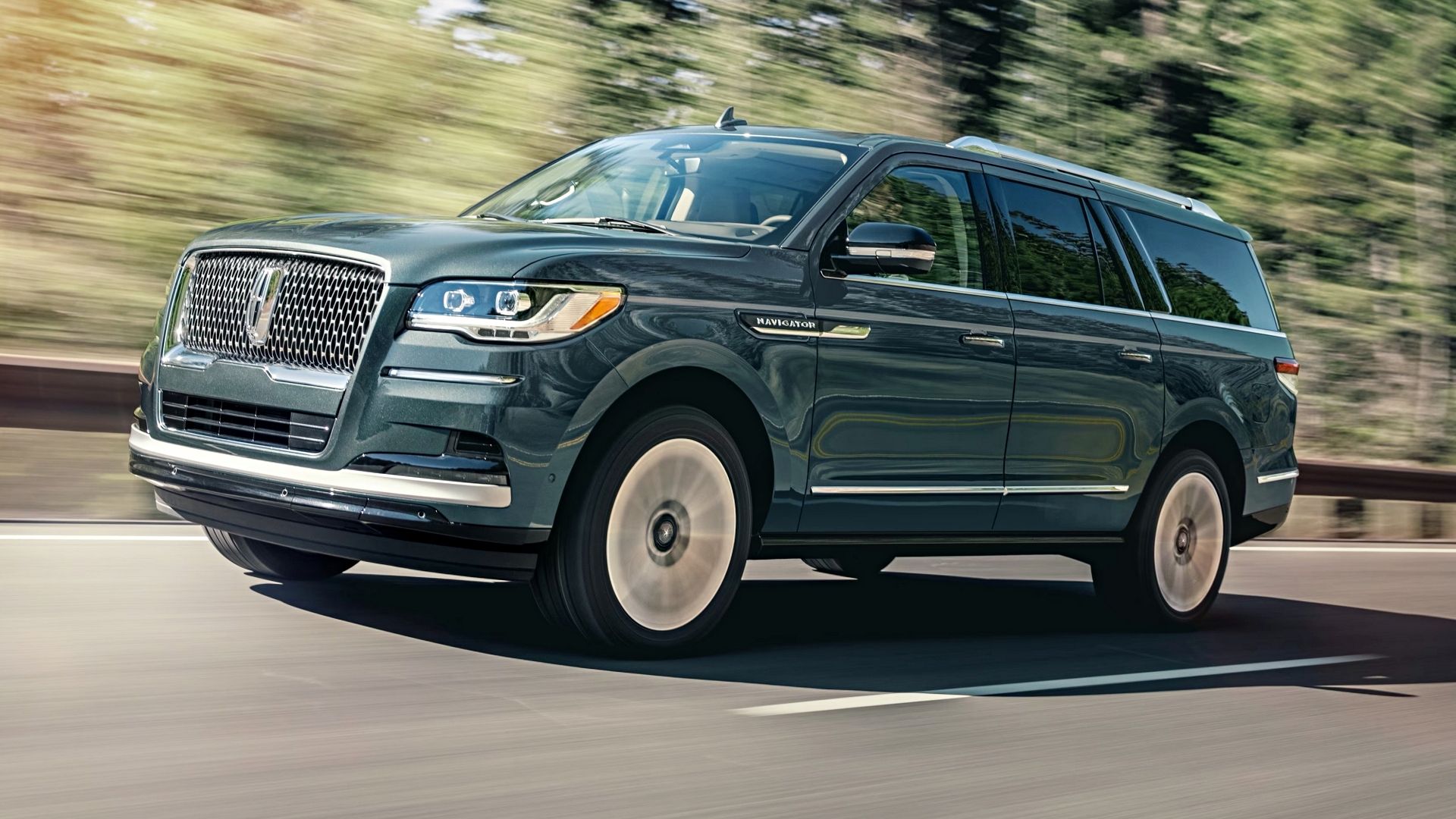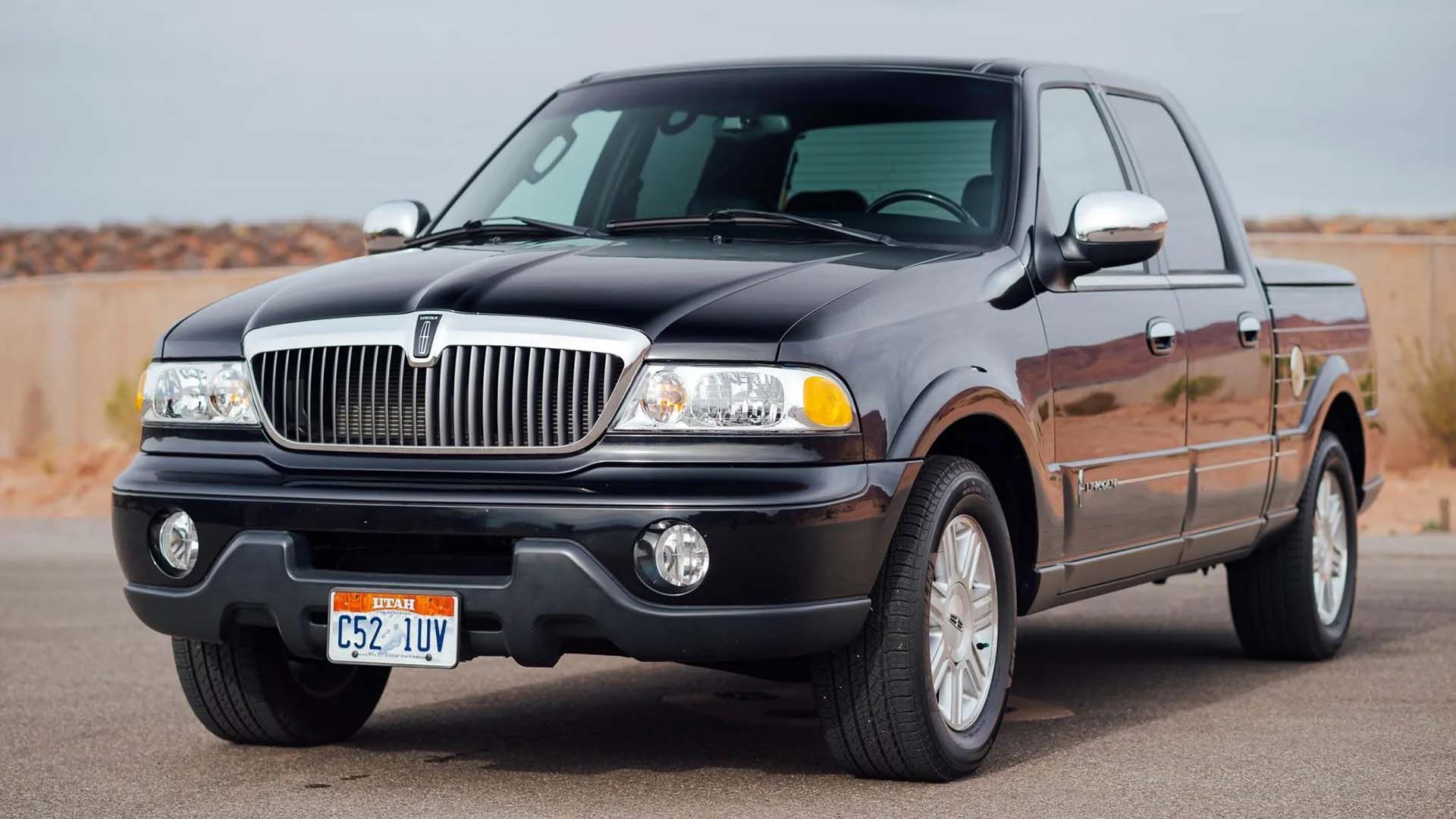Lincoln apparently refuses to follow the rest of the car world into the post-gasoline future. As electric cars supersede internal combustion ones, Lincoln has yet to put an EV into production. It showed the Star concept EV in 2022, but hasn’t gone anywhere since. At this point, one can purchase a Corsair or Aviator plug-in hybrid crossover from Lincoln, but Ford has not dared to take its luxury brand any farther into the world beyond internal combustion. While Lincoln may announce grand EV plans in its press releases, it won't get much mileage out of its single concept vehicle if it has nothing on dealership lots.
The World Is Going Electric And Leaving Lincoln Behind
At this point, it is almost comical that Ford has not produced a Lincoln EV. Electric cars are no longer newfangled, weird, or “too new to trust.” However, Ford still seems to think that an electric vehicle would spook the customers at a Lincoln dealership. Catering to the staunch “no replacement for displacement” crowd is certainly not helping the company’s chronic problem of failing to attract younger buyers. While Lincoln continues to offer big engines in big vehicles (and, yes, a small handful of plug-in hybrids), vacant space in the luxury EV market is disappearing before Ford entered it. Cadillac, Lincoln’s longtime primary rival in the world of all-American automotive decadence, already sells an ultra-luxury full-electric SUV and sedan, the Lyriq and the Celestiq. New companies like Rivian are already snatching up the market for SUVs that sell for Lincoln-level MSRPs. Lucid is essentially producing what could have been Lincoln EVs if Ford wasn’t apparently too scared to make them.
Ford’s hesitance to introduce an EV into its Lincoln lineup threatens to make the company repeat the pathetic game of catch-up that American manufacturers played when the first Japanese cars seized the market. Already beleaguered by rising emissions standards and a fuel crisis, the Big Four (AMC still existed at the time) frantically tried to get out of the big-body-big-engine rut and come up with small cars that didn’t wheeze and break down. The results were predictably rushed and unfortunate. Honda introduced the Civic, America countered with the Chevette. If Lincoln doesn’t get an EV into production soon, it will look just as embarrassing as it tries to play catch-up with a car market that has outgrown it.
Lincoln May Still Be Leery Of Its Recent Big Failure
Ford’s hesitance to take its luxury brand beyond the tried-and-true gasoline land-freighter may be a vestigial fear from what happened to one of the last unconventional vehicles ever to bear a Lincoln grille emblem: the Blackwood truck. Not since the Dodge La Femme was a vehicle so closely tailored to its target demographic as to be insulting. The Blackwood was made for the many people who need a truck to carry the massive weight of their delicate egos, but who would never put camping supplies or lumber in the back. Lincoln's truck was meant to be luxurious first and a truck second. To be fair to Ford’s market analysts, a lot of truck buyers like the idea of a truck but never do anything that would require one. Many trucks never bear any cargo heavier than a few grocery bags, yet their owners would suffer an identity crisis if they switched to a compact. While the Blackwood's upholstered truck bed was certainly not a practical problem for anyone in the target demographic, such details brutally destroyed potential buyers’ fantasy that one day they might someday leave their boring office jobs and build a hunting shack in the woods from trees they chopped down for themselves.
Since that truck-shaped disaster, Ford has played it exceptionally safe with its luxury brand. It is very likely that the management at Lincoln remains wary of a Blackwood-like backlash to any new fully-electric vehicles it may introduce. While selling middle-of-the-road SUVs has been lucrative in the short term, Lincoln will go stale if it goes too long without introducing anything new or daring. Luxury vehicles are more prone to fickle trends than downmarket ones since customers can afford to forget about practicality.
Lincoln Has A Limited Product Range Which Could Go Out Of Style At Any Time
At present, Ford has switched to making nothing but trucks and SUVs (and the Mustang). The company had applied a similar “SUVs and one iconic sedan” policy to its Lincoln division, but the Continental was killed in 2020, leaving it with an all-SUV lineup since. While the switch to SUVs has been a profitable one for the Ford Motor Company as a whole, Lincoln’s year-to-year sales have recently embarked on what might politely be called a “dignified decline.” At present, not only does Lincoln only sell one type of vehicle (unless one considers crossovers to be their own category), but it only offers one type of fuel. The time for a company that sells nothing but gasoline SUVs (and the Continental) was several years ago, but Lincoln remains in that state today.
Lincoln Claims To Be Ready To Go Electric, But Hasn’t Brought A Single EV To Production
Ford has announced that Lincoln produce three full-electric vehicles by 2025, but so far it has only produced one concept SUV which came out in 2022. The many dazzling features of the Star concept have already hit the factory production lines of other automakers. The Star seems middle-of-the-road before it has hit the production line (granted, it’s the middle of a very posh road). With various laws banning new gasoline cars closing in, Lincoln’s gasoline-only product line makes the company hugely vulnerable to the slightest of market changes. It’s true that SUVs are not likely to go out of style soon, but a single-fuel lineup will only seem more outdated as the model years go by. If Ford doesn’t think outside the gas tank, its prestige brand may sputter out.




